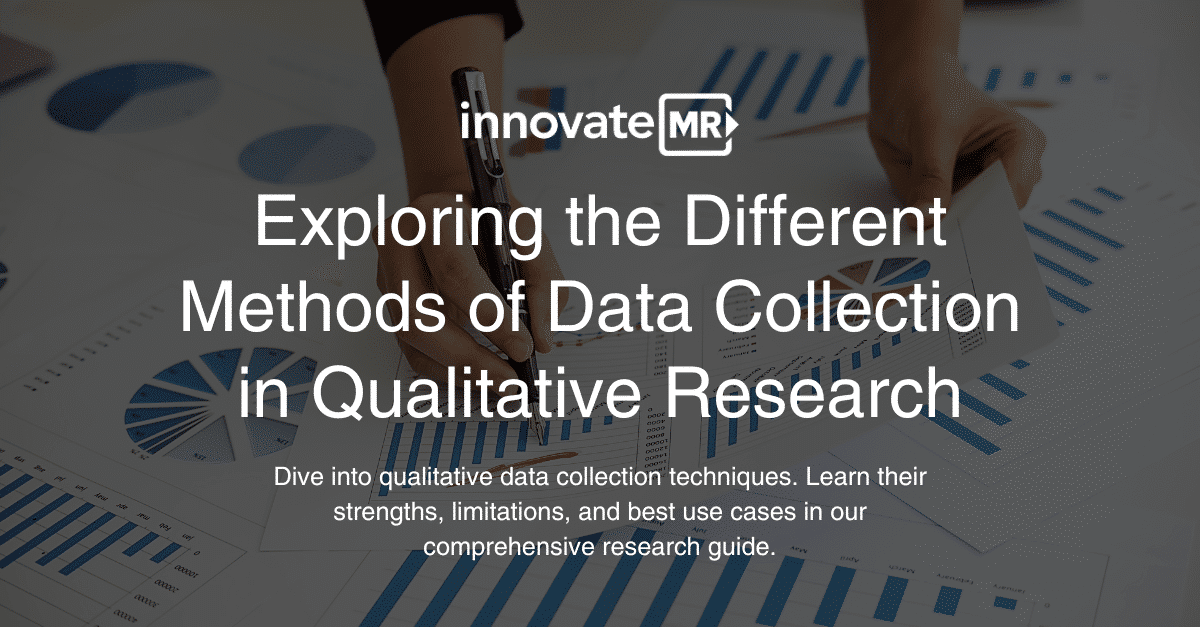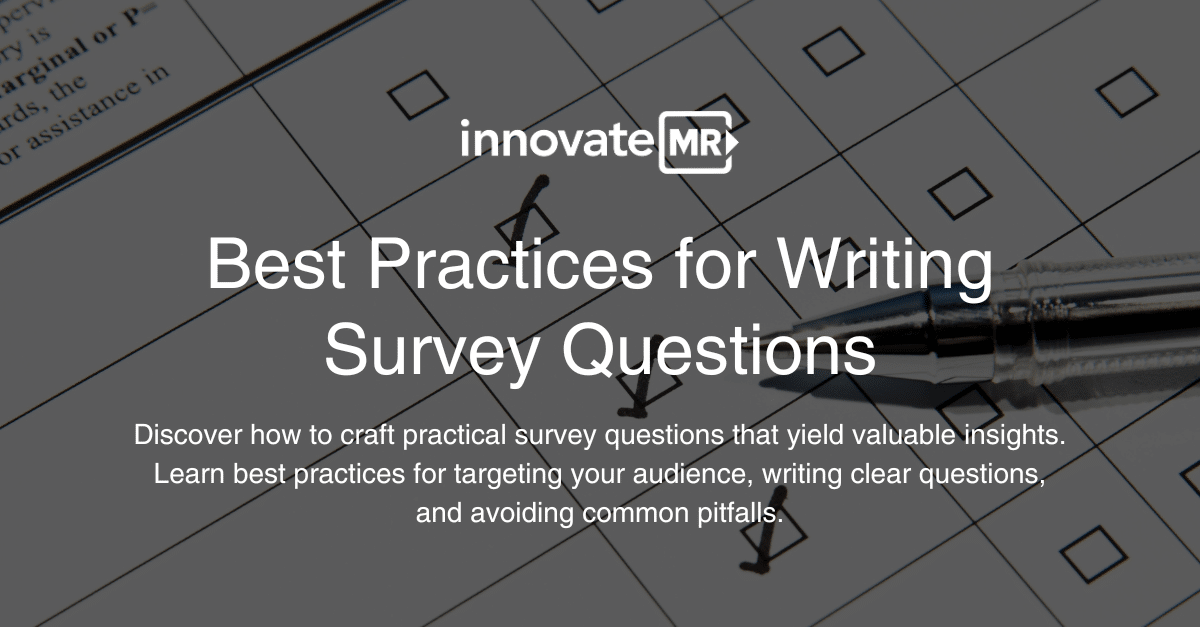Exploring the Different Methods of Data Collection in Qualitative Research

Qualitative research is an exploratory and inductive methodology that aims to uncover underlying reasons, motivations, and meanings. Unlike quantitative research, which relies more heavily on numerical data and statistical analysis, qualitative research uses various methods to collect non-numerical data, such as text, images, and sounds. Where quant captures the what, qual captures the why.
These qualitative data collection techniques include interviews, focus groups, observations, document analysis, and case studies, each of which has its own strengths and limitations. This article will dive deeper into the different methods of data collection available in qualitative research, exploring their advantages, disadvantages, and best use cases. This article will provide a better understanding of the various techniques available for collecting qualitative data and which one to use depending on the research question and context.
Interviews
Conducting interviews is one of the most common qualitative data collection techniques used. They can be conducted face-to-face, over the phone, or online. Interviews allow researchers to ask open-ended questions, listen to free-form answers, and uncover more precise information. The interviewer can also clarify any misunderstandings and ask follow-up questions based on the responses of the participant. This method of data collection allows researchers to gain in-depth knowledge about the experiences, opinions, and behaviors of the participants. However, interviews can be time-consuming, costly, and only sample a very small percentage of a target population. They also require a skilled interviewer who can establish rapport with the participant and ask probing questions that will return valuable insights.
Focus Groups
Focus groups are a group of people sitting together and discussing a particular topic in a conversational style. The participants are specially recruited based on their knowledge or experience with the topic. The group is led by a moderator who guides the discussion and asks open-ended questions and records both participants’ direct answers, but how they respond to the answers of others. Focus groups can provide a wealth of information as participants build on each other’s responses for a more complete picture. However, focus groups can be challenging to organize, and it can be difficult to get a diverse group of participants to attend at one time. Additionally, the moderator needs to be skilled in managing group dynamics and ensuring that all participants have an opportunity to speak.
Observations
Observations involve watching and recording the behavior of individuals or groups in their natural settings. The researcher may take notes, photos, or videos to document the behavior. Observations can provide a unique insight into the behavior and experiences of individuals or groups. Observations can present challenges such as time consumption, potential for missed details, and subject behavior changes due to awareness of being observed. As an example, if store-goers are being watched, they may return a grocery cart to the designated area instead of leaving it where it is. It can also be challenging to remain unbiased during observations, as the researcher’s own unconscious bias can influence their interpretation of the behavior.
Document Analysis
Document analysis involves analyzing documents such as reports, diaries, or letters. These documents can provide insight into the experiences, opinions, and behaviors of individuals or groups. Document analysis can be used to complement other qualitative data collection techniques and can help provide a historical context to the research. However, document analysis can be challenging if the documents are hard to access or interpret. Additionally, the researcher needs to be careful not to take the documents at face value and must consider the context in which they were created.
Case Studies
Case studies involve an in-depth analysis of a particular individual, group, or situation. Case studies allow researchers to explore the complexity of a particular case and gain a detailed understanding of the experiences, opinions, and behaviors of the participants. However, case studies can be laborious, and the researcher needs to carefully select the case to ensure that it is relevant to the research question. Additionally, the findings of the case study may not be generalizable enough to other contexts in order to approve applicable value.
Conclusion
In conclusion, there are different qualitative data collection techniques, each with its strengths and weaknesses. Interviews, focus groups, observations, document analysis, and case studies are all valuable methods of data collection that can provide insight into the experiences, opinions, and behaviors of individuals and groups. Researchers should carefully consider which method is best suited to their research question and ensure that the method is appropriate for their participants and research context. Further, researchers may consider a mixed-methodology method, utilizing both qualitative and quantitative methods. With this combined method, researchers can potentially overcome the limitations and weaknesses of each approach while capitalizing on their respective strengths. However, a mixed-method approach requires careful planning and execution to ensure that the methods are appropriately integrated, and the data are properly analyzed.
About InnovateMR – InnovateMR is a full-service sampling and ResTech company that delivers faster, quality insights from business and consumer audiences utilizing cutting-edge technologies to support agile research. As industry pioneers, InnovateMR provides world-class end-to-end survey programming, targeted international sampling, qualitative and quantitative insights, and customized consultation services to support informed, data-driven strategies, and identify growth opportunities. Known for their celebrated status in customer service and results, InnovateMR combines boutique-level service with extensive global reach to achieve partner success.


